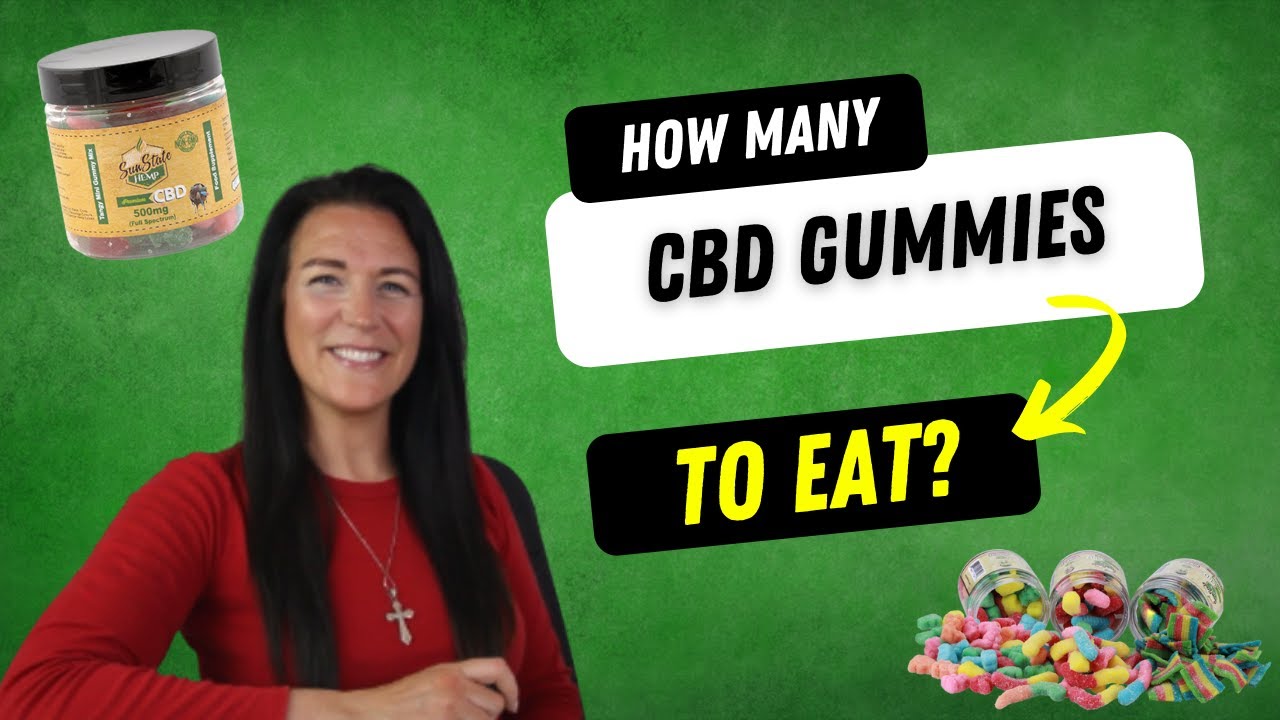Pelican Cbd Gummies Cost And How To PurchaseCbd Gummies Make You Test Positive Worried About Your Sleeplessness Our Nidra Nutrition Best Natural Sleep Gummies To Your RescueCreekside Pharms Cbd Gummies Reviews Struggling To Sleep Try These Natural Melatonin Gummies Fok Melatonin.

Our Life Cbd Gummies Reviews Spring Forward With Ourlife Cbd Gummies Exclusive Discount Inside
This stream is created with #PRISMLiveStudio
L Tiens Night Gummies Sleeping
Oh kiss CBD Drink
CBD Melatonin Gummies: Your Ticket to Restful Nights
@rogueorigincbd has some absolutely delicious cbd flower. They have a huge menu with sun grown, greenhouse and now indoor grown flowers. I can't wait to try everything they have. This farm is a hidden gem, you're welcome.
What Are CBD Gummies? Unpacking Their Popularity and Uses
LIVEGOOD CBD Oil is a natural compound that is derived from the cannabis plant. Additionally, CBD oil can be extracted from hemp, a non-psychoactive strain of cannabis, making it legal in many parts of the world. Alleviate pain caused by various conditions, including chronic pain, arthritis, and multiple sclerosis. Anxiety Reduction – LiveGood CBD oil may help reduce anxiety levels and improve overall mood. LiveGood CBD oil has anti-inflammatory effects, making it a potential natural remedy for conditions such as acne and other skin conditions. May help reduce nausea and vomiting caused by chemotherapy or other medical treatments. For more info, you can contact me via +639167939941 or [email protected]
Eating 100mg Of Thc Gummies Liift Tropical Fruit Punch
10 วิ 10 Kill😂 | Delta Force Mobile #shorts #deltaforce
Beat Insomnia With Beast Bites Sleep Gummies Fok
The Carmela Show - THE CANNABINOID CORNER with AL & CAR - From BUD 2 BAKED - Discussing all things Cannabis! Episode #3 - SPONSORED BY DIRTY DARTZ - Nov.30/24 - We will be testing and reviewing the remaining 5 of 10 different types of BUD we got from DIRTY DARTZ !!! #cannabisconnoisseur #DIRTYDARTZ #BCbud #CBD #THC #CBC #zerohigh.ca #biotechinternational #shoplocal #stonerbudgie #thecannabinoidcorner #cannabiseducation #cannabisheals #420 #curedbycannabis #thecarmelashow #stonerbudgie #420 #mr&mrshappy #leafly #terpenes #greasemonkey #darthvader #blackknight #tropicalcherry #garypayton #al&car #stonerbudz #doobies #zigzagrollingpaper #zigzagkingsize #zigzag #leafly #blessedbycannabis #its420somewhere #cannabudz #handgrinder #coffeegrinder #thisishowweroll #thisishowherolls #throatgoat #1Love@FirstSight #2TouchyFeely #3TheBreakUp #4TasteTheTERPS #5ThisIsHowHeRolls #6TasteTheTERPS #7Smokin9HOT8AsssHHH #Carmela'sShow #TheCannabinoidCornerwithAl&Car #frombud2baked #allthingscannabis #cannabisbenefits
Black Label Hemp Gummies Pets Treats Oil Cbd
Understanding THC and CBD: An Overview
Tetrahydrocannabinol (THC) and cannabidiol (CBD) are two of the most prominent compounds found in the cannabis plant. While both compounds are widely studied and discussed for their potential therapeutic benefits, they have distinct properties, effects, and legal statuses. THC is the compound that is primarily responsible for the psychoactive effects often associated with cannabis, while CBD is recognized for its non-psychoactive benefits. This article will delve into the fundamental differences between THC and CBD, helping readers to better understand these two cannabinoids and their individual roles in health and wellness.

THC, known for its psychoactive properties, binds tightly to the CB1 receptors in the brain, which leads to the sensations of euphoria, or the “high” that many people associate with marijuana use. This compound has been traditionally utilized in recreational contexts but has also shown potential in medical applications such as pain relief, nausea reduction, and appetite stimulation. Conversely, CBD interacts more subtly with cannabinoid receptors, exhibiting a range of effects that do not include the intoxicating “high” associated with THC. This quality has made CBD especially popular in wellness products, and it is often chosen by individuals seeking relief from anxiety, inflammation, or chronic pain without the side effects associated with THC.
The legal status of THC and CBD also varies widely across different regions and countries around the world. In some places, THC is heavily regulated due to its psychoactive nature, while CBD products remain more accessible as long as they contain minimal traces of THC. This mixed legality means that consumers must remain aware of their local laws regarding cannabis use and possession. Additionally, much attention is being paid to the benefits of both THC and CBD as more research emerges into the entourage effect, which suggests that these cannabinoids may work better in tandem than in isolation. Understanding these nuances will empower consumers to make informed decisions regarding their cannabis use, whether for recreational enjoyment or potential therapeutic benefits.

Psychoactivity and Effects on the Body
The primary distinction between THC and CBD lies in their psychoactive properties. THC is well known for its ability to induce a state of euphoria, commonly referred to as the “high.” This phenomenon occurs due to THC’s affinity for CB1 receptors in the brain, resulting in alterations in mood, perception, and cognition. For many recreational users, this intoxicating effect is the primary goal; however, it may not be suitable for everyone, particularly those who experience anxiety or paranoia as a result of THC consumption.
In contrast, CBD offers a different experience altogether. It is non-psychoactive and does not produce the high associated with THC. Instead, many users report feelings of relaxation and stress relief without the mind-altering effects. This distinction makes CBD particularly appealing for those seeking the potential benefits of cannabis without the side effects often linked to THC. Moreover, recent studies have indicated that CBD may also counteract some of the more intense psychoactive effects of THC, making it a valuable inclusion in formulations that combine both cannabinoids.
Understanding the psychoactive properties of THC and the non-intoxicating nature of CBD is crucial for consumers. For instance, individuals who might be sensitive to psychoactive effects may opt for CBD products exclusively, while others may choose to leverage the combined benefits of both cannabinoids. Furthermore, this knowledge assists users in selecting appropriate dosing and product types according to their individual needs and experiences, whether in medicinal or recreational contexts.
Legal Status and Regulation
The legal landscape surrounding THC and CBD is complicated and varies significantly across different jurisdictions. THC’s psychoactive effects have led to stringent regulations and prohibitions in many areas. In some countries and regions, THC is classified as a controlled substance, limiting its use to medical patients or specific licensed settings. Conversely, while CBD has garnered much attention for its potential health benefits, its legal status also varies. In many jurisdictions, CBD derived from industrial hemp with low THC content (below 0.3 percent) is often legal and widely available.
Consumers should be aware that the legal status of THC and CBD can change rapidly, especially in light of evolving perceptions of cannabis federally and at the state level. Where THC may be fully legal for both medical and recreational use in one state, another may still impose strict restrictions or prohibition. Likewise, CBD laws can be complex and nuanced; consumers must navigate labeling laws, quality regulations, and the distinction between hemp-derived and marijuana-derived products.
As legality continues to evolve, staying informed is crucial. Individuals should consult local laws before obtaining or using THC or CBD products to avoid legal repercussions. Furthermore, as more scientific research emerges, there may be shifts in public perception, leading to improved regulations and increased accessibility for consumers. Engaged citizens and consumers can contribute to positive change by advocating for sensible, evidence-based cannabis policies that promote safe and legal access to both THC and CBD.
Therapeutic Benefits and Uses
The therapeutic potential of THC and CBD has garnered significant interest in recent years, with both cannabinoids being investigated for their respective medicinal properties. THC is well-researched for its ability to alleviate various symptoms, particularly chronic pain, nausea, and loss of appetite. Medical cannabis, often rich in THC, has been utilized by patients undergoing chemotherapy to mitigate nausea and stimulate appetite, showcasing its effectiveness in treating specific medical conditions.
On the other hand, CBD is often favored for its potential therapeutic applications without the high associated with THC. Studies have suggested that CBD may help alleviate anxiety, inflammation, and seizures, with notable success in treating conditions such as epilepsy and multiple sclerosis. This versatility makes CBD a popular choice for patients seeking natural alternatives to conventional pharmaceuticals, particularly for those who may be sensitive to the psychological effects of THC.
It is essential to note that while both cannabinoids have demonstrated therapeutic potential, individual responses may vary widely. Patients should consult healthcare providers familiar with cannabis to develop a tailored treatment plan that incorporates their specific health needs and preferences. The growing body of research indicates that the combination of THC and CBD can often yield meaningful results, highlighting the power of the entourage effect, where the presence of both cannabinoids enhances their therapeutic effects compared to isolated compounds.
Potential Side Effects and Considerations
As with any substance, there may be side effects associated with the consumption of THC and CBD. THC, in particular, is known to produce side effects such as dry mouth, increased heart rate, and short-term memory impairment. Moreover, some individuals may experience heightened anxiety or paranoia, especially at higher doses or in susceptible individuals. These side effects warrant careful dosing and consideration, particularly for new users or those with preexisting anxiety disorders.
CBD is generally well-tolerated, and side effects are reported to be relatively mild in comparison to THC. Some users may experience fatigue, changes in appetite, or gastrointestinal issues, though these effects are not common. Nonetheless, the diverse range of individuals consuming CBD means that responses can vary widely, underscoring the importance of informed and responsible use.
It is also crucial for consumers to consult with medical professionals when considering the use of THC or CBD, especially when taking other medications. CBD, while generally safe, can interact with certain medications, leading to adverse effects or reduced effectiveness. Additionally, because THC may impair cognitive and motor functions, activities such as driving or operating heavy machinery should be avoided until users understand how THC affects their individual physiology. Therefore, knowledge of the potential side effects coupled with thoughtful consideration can ensure safer consumption practices for both THC and CBD users.
Summarizing the Key Differences
In conclusion, understanding the key differences between THC and CBD is essential for informed cannabis consumption. THC, the psychoactive compound that induces euphoria, is primarily used for recreational purposes and certain medical applications. Its effects can be profound, bringing relief for individuals suffering from pain or nausea but also carrying a risk of side effects, including anxiety or paranoia. CBD, on the other hand, is appreciated for its therapeutic effects without the high, making it an appealing option for those looking to enhance their well-being without psychoactive effects.
The ongoing evolution of cannabis laws reflects a growing acceptance of both cannabinoids, with CBD particularly enjoying broader legal status. As research continues to unveil the benefits and applications of THC and CBD, consumers are encouraged to remain informed about their local regulations and varying products. This ensures that they can choose the most appropriate forms of cannabis for their needs and conditions.
Ultimately, both THC and CBD hold significant potential for therapeutic application, and understanding their unique effects can empower users to make educated choices. Whether used in tandem for their combined efficacy or separately to target specific needs, the intricate relationship between these two cannabinoids illustrates the complex nature of cannabis, inviting further exploration and understanding. The future of cannabis promises to be rich with discovery as more individuals advocate for expanded access and research, paving the way for enhanced health and well-being through responsible cannabis use.
Gummies For Deep Sleep Insomnia Avenzes Liposomal Yummy Gummies Sumantv Health
Tired of being a slave to marijuana? Schedule a 40 minute call to learn how to quit weed for good: https://calendly.com/sobrietyuniversity/sobriety-recovery-call Download the Recovery Resource Guide with over 30 online and in person meetings, resources, books, movies and other YouTube channels to help you get sober: https://sobriety-university.aweb.page/p/3b5e0485-5c50-47f9-b76c-b526231092a1 Have one of the most transformative years of your life by downloading the "How To Get Sober" PDF Guide: https://sobriety-university.aweb.page/p/76a19efd-247e-4ec5-948c-cecaae912e15 IG: @sobrietyuniversity_ Subscribe to @SobrietyUniversity for more addiction and recovery related content. #cbd #thc #marijuana
Moore Schools Releases Statement To Parents After Two Students Ate Thc Gummies
Jill Swing, of Charleston, said her 7-year-old daughter Mary Louise has seen improvements in her brain map after taking cannabidiol.
